The Art of Bonding: A Comprehensive Guide to Jewellery Glue for Metal
Related Articles: The Art of Bonding: A Comprehensive Guide to Jewellery Glue for Metal
Introduction
With great pleasure, we will explore the intriguing topic related to The Art of Bonding: A Comprehensive Guide to Jewellery Glue for Metal. Let’s weave interesting information and offer fresh perspectives to the readers.
Table of Content
- 1 Related Articles: The Art of Bonding: A Comprehensive Guide to Jewellery Glue for Metal
- 2 Introduction
- 3 The Art of Bonding: A Comprehensive Guide to Jewellery Glue for Metal
- 3.1 Understanding the Fundamentals of Jewellery Glue for Metal
- 3.2 Types of Jewellery Glue for Metal
- 3.3 Advantages of Using Jewellery Glue for Metal
- 3.4 Considerations for Choosing the Right Jewellery Glue
- 3.5 Tips for Successful Bonding with Jewellery Glue
- 3.6 FAQs about Jewellery Glue for Metal
- 3.7 Conclusion
- 4 Closure
The Art of Bonding: A Comprehensive Guide to Jewellery Glue for Metal
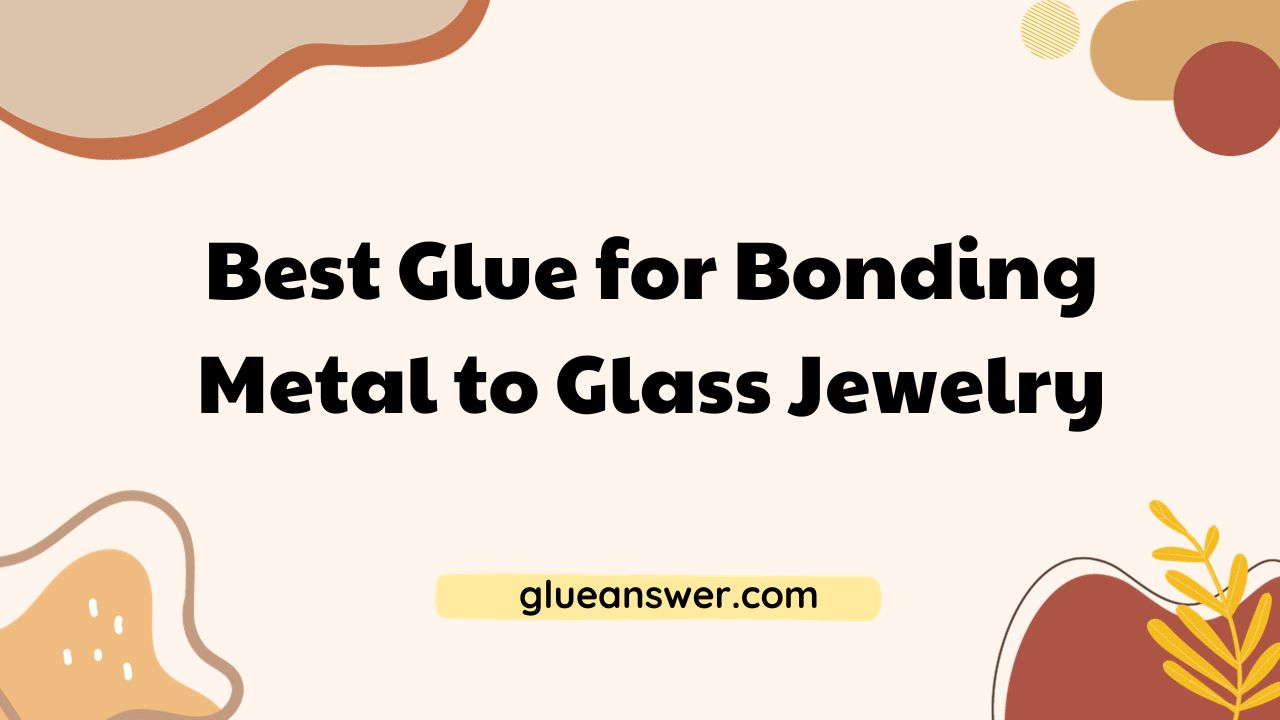
In the intricate world of jewellery making, precision and durability are paramount. While traditional methods like soldering and welding have long reigned supreme, a new generation of adhesives has emerged, offering a versatile and often more accessible approach to metal bonding. This guide explores the fascinating realm of jewellery glue for metal, delving into its diverse applications, benefits, and considerations for achieving lasting and aesthetically pleasing results.
Understanding the Fundamentals of Jewellery Glue for Metal
Jewellery glue, specifically designed for metal applications, goes beyond the typical household adhesives. These specialized formulas are engineered to withstand the unique demands of jewellery making, including:
- Metal Compatibility: The glue must adhere strongly to a wide range of metals, including precious metals like gold, silver, and platinum, as well as base metals like brass, copper, and steel.
- Durability: The bond must be robust enough to withstand the rigors of daily wear, including friction, impact, and exposure to moisture and chemicals.
- Appearance: The glue should be transparent or have a color that blends seamlessly with the metal, minimizing visual distraction.
- Safety: The glue should be non-toxic and safe to use in close proximity to the skin.
Types of Jewellery Glue for Metal
Jewellery glue for metal falls into several categories, each with distinct properties and applications:
1. Epoxy Resins:
- Composition: Two-part epoxy resins consist of a resin and a hardener that, when mixed, undergo a chemical reaction, creating a strong and durable bond.
- Advantages: Excellent adhesion to a wide range of metals, high strength, and water resistance.
- Disadvantages: Requires precise mixing ratios for optimal results, can be time-consuming to cure, and may require specialized tools for application.
- Applications: Ideal for permanent bonding of metal components, creating intricate designs, and repairing damaged pieces.
2. Cyanoacrylate Adhesives (Super Glue):
- Composition: Single-component adhesives that cure rapidly upon exposure to moisture.
- Advantages: Fast curing time, high strength, and ease of application.
- Disadvantages: Can be brittle, susceptible to moisture damage, and may not be suitable for all metal combinations.
- Applications: Suitable for quick repairs, attaching small embellishments, and securing loose components.
3. UV-Curing Adhesives:
- Composition: These adhesives cure when exposed to ultraviolet (UV) light.
- Advantages: Quick curing time, high strength, and excellent clarity.
- Disadvantages: Require a UV lamp for curing, may be sensitive to heat, and can be more expensive.
- Applications: Ideal for precision bonding, creating intricate designs, and applications where rapid curing is essential.
4. Acrylic Adhesives:
- Composition: Water-based adhesives that form a strong bond upon drying.
- Advantages: Easy to apply, flexible, and generally safe.
- Disadvantages: Lower strength compared to other types, may not be suitable for all metal combinations, and can be susceptible to moisture damage.
- Applications: Primarily used for temporary bonding or attaching lightweight components.
5. Hot Melt Adhesives:
- Composition: Thermoplastic adhesives that melt when heated and solidify upon cooling.
- Advantages: Fast application, easy to use, and generally safe.
- Disadvantages: Lower strength than other types, can be prone to softening with heat, and may not be suitable for all metal combinations.
- Applications: Ideal for temporary bonding, attaching small embellishments, and creating decorative elements.
Advantages of Using Jewellery Glue for Metal
Jewellery glue for metal offers several compelling advantages over traditional methods like soldering or welding:
- Versatility: Allows for bonding a wide range of metals, including those that are difficult to solder.
- Accessibility: Requires less specialized equipment and expertise compared to soldering or welding.
- Precision: Enables intricate designs and precise placement of components.
- Reduced Heat Exposure: Minimizes the risk of damaging delicate metal pieces due to heat.
- Faster Curing Time: Many glues cure quickly, reducing the overall project time.
- Cost-Effective: Can be a more affordable alternative to traditional methods.
Considerations for Choosing the Right Jewellery Glue
Selecting the appropriate glue for a specific jewellery project requires careful consideration of several factors:
- Metal Type: Different glues have varying levels of adhesion to specific metals. Research the glue’s compatibility with the metals being used.
- Application: The intended use of the glue dictates its required strength, flexibility, and curing time.
- Environmental Factors: The glue’s resistance to moisture, heat, and chemicals is crucial for long-term durability.
- Appearance: The glue’s color and transparency should be considered to ensure aesthetic compatibility with the metal.
- Safety: Always choose a glue that is non-toxic and safe to use in close proximity to the skin.
Tips for Successful Bonding with Jewellery Glue
To achieve the best results when using jewellery glue for metal, adhere to these essential tips:
- Cleanliness: Thoroughly clean the surfaces to be bonded with a suitable cleaning solution. Ensure they are free of dirt, grease, and oxidation.
- Surface Preparation: Roughen the surfaces slightly using sandpaper or a metal file to enhance adhesion.
- Application: Apply the glue evenly and thinly, avoiding excess that could compromise the bond.
- Curing Time: Allow the glue to cure fully according to the manufacturer’s instructions. Avoid handling or stressing the bond during the curing process.
- Storage: Store the glue properly to maintain its effectiveness and prevent premature curing.
FAQs about Jewellery Glue for Metal
1. Is jewellery glue for metal waterproof?
The waterproof properties of jewellery glue vary depending on the type. Epoxy resins generally offer excellent water resistance, while cyanoacrylate adhesives may be susceptible to moisture damage.
2. Can jewellery glue for metal be used on silver?
Yes, many jewellery glues are specifically designed for use with silver. However, it’s essential to choose a glue that is compatible with silver and its alloys.
3. How long does jewellery glue for metal take to cure?
Curing times vary depending on the type of glue. Some glues cure in minutes, while others require several hours or even days. Consult the manufacturer’s instructions for specific curing times.
4. Can I remove jewellery glue for metal once it has cured?
Removing cured jewellery glue can be challenging. Some glues are designed to be permanent bonds, while others may be removable with specialized solvents. Consult the manufacturer’s instructions for removal recommendations.
5. Is jewellery glue for metal safe for skin contact?
Most jewellery glues are non-toxic and safe for skin contact. However, it’s always advisable to wear gloves during application and avoid prolonged contact with the skin.
6. How can I prevent jewellery glue for metal from yellowing?
Some glues may yellow over time, especially when exposed to UV light. Choose glues specifically designed for clarity and UV resistance to minimize yellowing.
7. Can I use jewellery glue for metal on plated jewellery?
Using jewellery glue on plated jewellery can be risky, as the glue may react with the plating, causing discoloration or damage. Consider using a glue specifically designed for plated metals or avoid using glue altogether.
8. What is the shelf life of jewellery glue for metal?
The shelf life of jewellery glue varies depending on the type and storage conditions. Most glues have a shelf life of several months to a year. Check the manufacturer’s instructions for specific shelf life recommendations.
Conclusion
Jewellery glue for metal has revolutionized the world of jewellery making, offering a versatile, accessible, and often faster alternative to traditional bonding methods. By understanding the different types of glues, their advantages and limitations, and following proper application techniques, you can achieve durable, aesthetically pleasing, and intricate jewellery creations. As technology continues to advance, we can expect even more innovative and specialized jewellery glues to emerge, further expanding the possibilities of this versatile and essential tool for jewellery artists and enthusiasts alike.
![]()
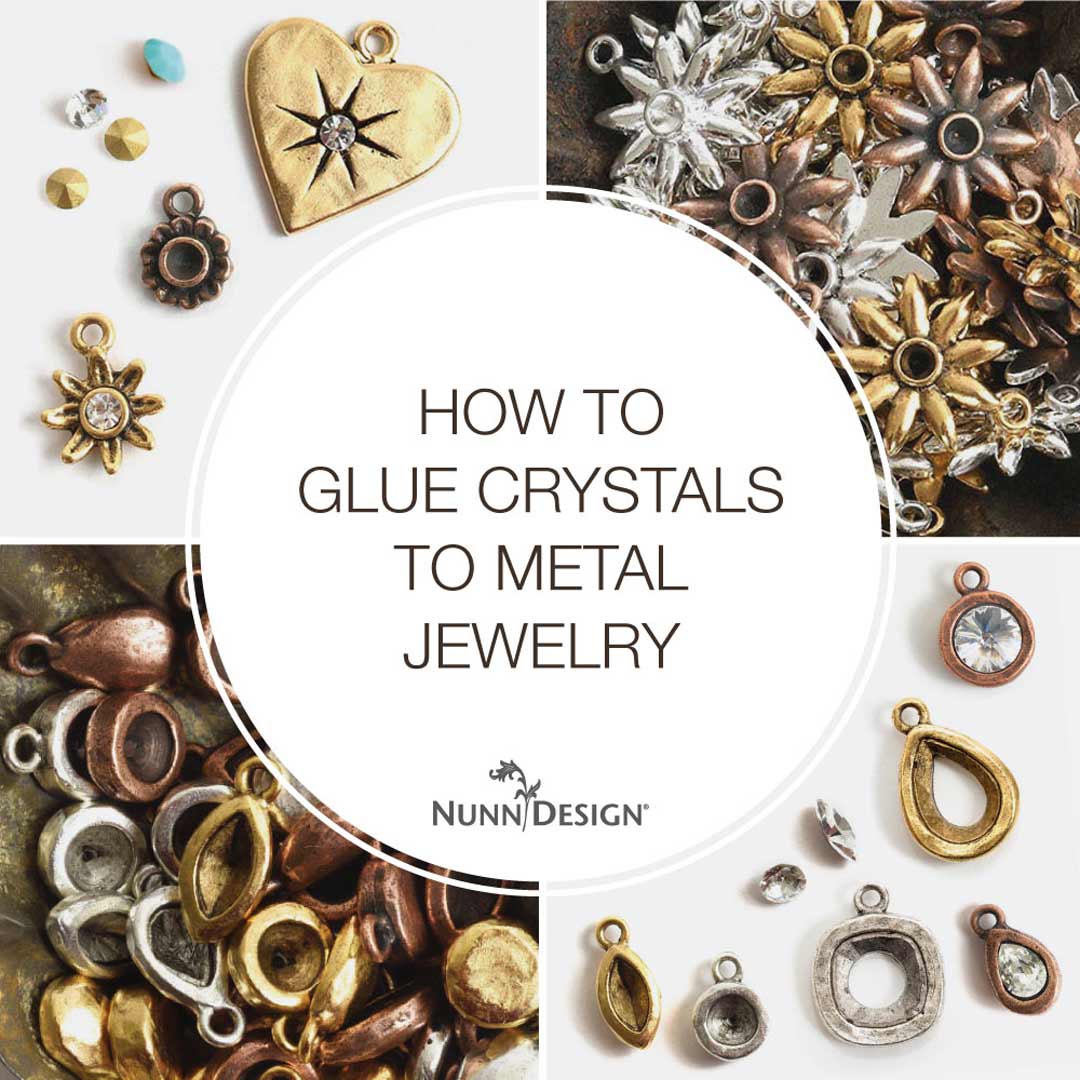

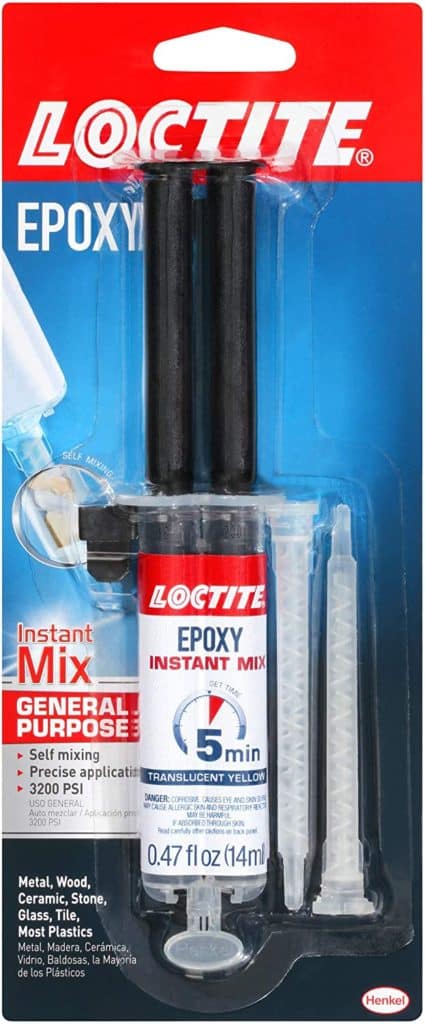

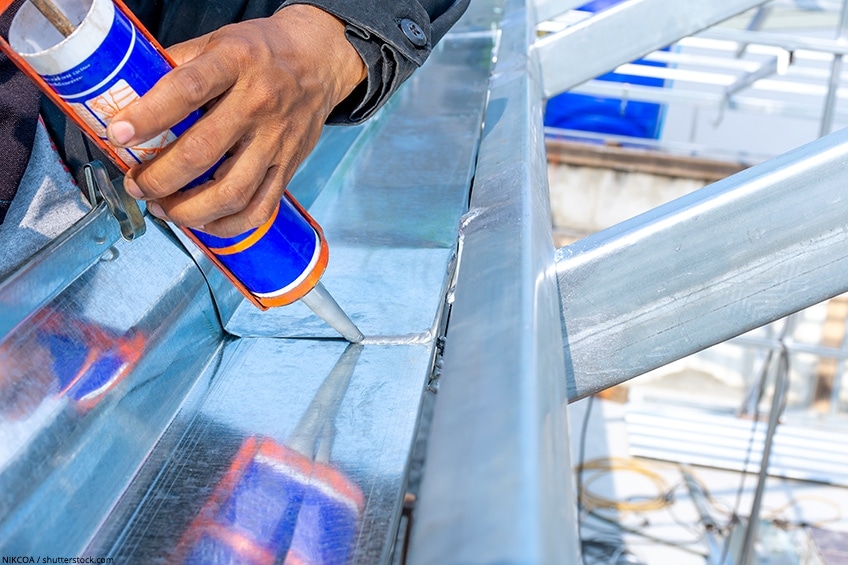
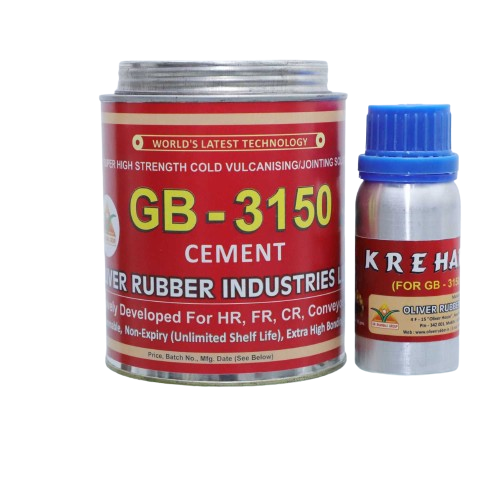

Closure
Thus, we hope this article has provided valuable insights into The Art of Bonding: A Comprehensive Guide to Jewellery Glue for Metal. We hope you find this article informative and beneficial. See you in our next article!
